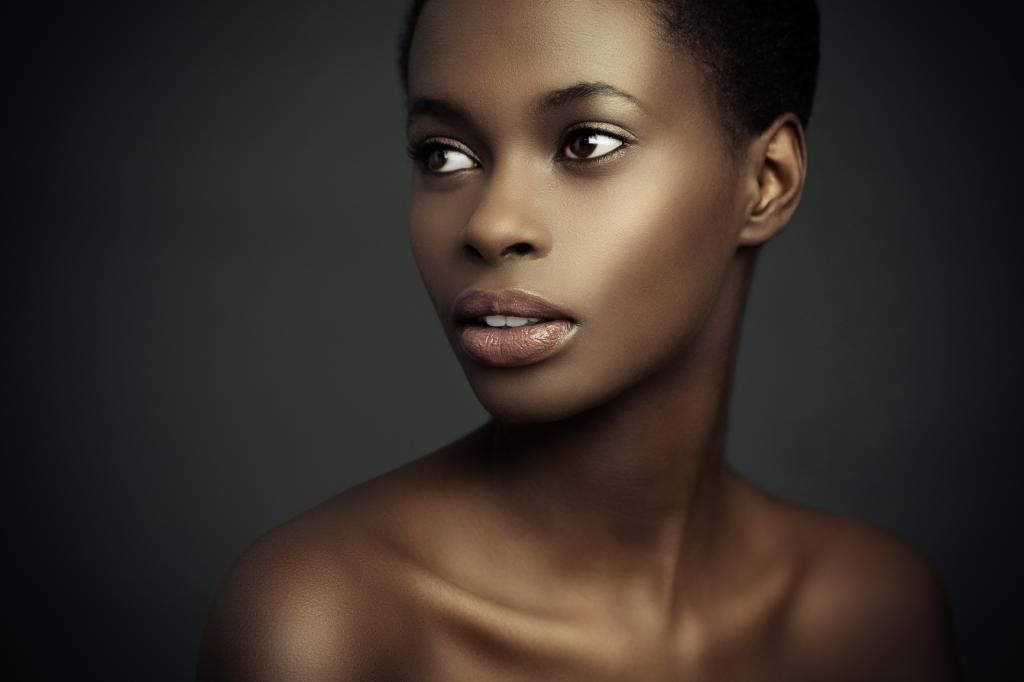I Am a Blacktina: Reflections on Being an Afro-Cuban in the U.S.

by Felice León
I am a Blacktina. Get it: Black [La]tina?
A friend gave me this nickname years ago, and it has stuck. My father is Afro-Cuban, and my mother Afro-American. I identify with both cultures and have tried to balance both, but I’ve found that I associate more so with my blackness, particularly while living in the United States.
Last week, President Obama announced the restoration of diplomatic ties with Cuba. There is said to be a U.S. Embassy opening in Havana. This is a big deal. It has been decades since the U.S. has had relations with Cuba, and Obama’s announcement marks a pivotal point in American history. Politically, there is both optimism and skepticism. Amongst my peers, the announcement seemed to have gone over well. Facebook was flooded with posts about Cuba: plans to travel to Cuba, requests for Cuban cigars, and other foolish insights that people tend to share on social media. I was also delighted to hear of the news. I’ve visited Cuba once, but it wasn’t enough. Still, during my trip I had a deep connection with my Black and Brown relatives. I was accepted as being Cuban, and for those few weeks there was no question about my identity.
Don’t get me wrong: racism is alive and well in Cuba. I noticed a distinct difference between white Cubans and Black Cubans socially and economically. But when I was visiting Cuba I felt a sense of belonging, a sense of solidarity. Stateside, this hasn’t been the case.
I’ve had a unique experience in this country: I identify as being Black and selectively speak Spanish—typically when addressing my grandmother and elders. I often speak to my paternal grandmother (my Abuelita) about her time in Cuba. She doesn’t have a heroic story of taking a raft 90 miles to the United States. She was fortunate. She willingly immigrated to marry her husband, also Cuban man, who was already living in the US. They connected prior to Fidel Castro’s regime, which took over in 1959. At 97, she still romanticizes about her distant home. She remembers the shock of racism and segregation when she arrived in the United States during the 1950’s. She rode a train from Miami to New York in a segregated car. She found refuge in the Cuban community based in New York.
I have found that being a Black woman of Cuban descent comes as a surprise to many in this country. In a class discussion last year I spoke of why I choose to refer to myself as Black (I didn’t mention the Blacktina nickname in this conversation): “The ship made many stops before it arrived on these shores. I feel like the term ‘Black’ more so encompasses the African Diaspora.” African slaves made significant contributions in Latin America. There is a complex racial history. African blood runs deep in the veins of many Latinos, which is why I choose to identify as Black. But for others, there is a level of denial when it comes to their African roots.
It has also been interesting to me to see how other Afro-Latinos hold preconceived notions about race and blackness. One of the most disturbing offenses that I’ve encountered was at the Dominican hair salon. As soon as my hair swells in the sink, there’s a problem. The tug-of-war between my natural hair and the stylist’s comb yields frustration on both ends. Subsequently, the stylist talks about my hair, in Spanish, often using phrases like “pelo malo” (roughly translated to mean “kinky” or “nappy”), at which point I check her. If I were lucky, I’d leave the salon without having my hair seared due to repeated attempts of achieving a bone straight blowout. Here in these salons, there still exists the pervasive mentality of a colonized people: longer, softer hair is the ideal, and anything short of that prescription is subject to be ridiculed. This is baffling, because I have met many Black Dominicans that rock beautiful ‘fros proudly. Needless to say, I’ve made the decision not to patronize hair salons that prescribe to white beauty standards at the cost of insulting and devaluing Black beauty.
I am also privy to a great deal of ignorance and denial from friends and family. My Black friends insensitively talk about Latinos, and vice versa. I’m caught between the crossfire, but bigotry is colorless: There’s the Black friend who thinks since J.Lo dated Diddy, all Latina women are “after” Black men. There’s the Latino friend who denies they are of African descent. And, of course, there is my older Black aunt on my mother’s side that refers to all Latinos as “Mexican,” despite having Latino in-laws who are not actually Mexican.
Discrimination is real across cultural and ethnic backgrounds. I think to some extent this discrimination is due to isolation, a lack of cultural exchange, and ignorance. Does Obama’s announcement mean that people will be traveling to Cuba in droves, and experiencing the culture of Afro-Cubans (or other Afro-Latinos)? I doubt it.
But perhaps it will begin a conversation within the Latino-American community about inclusivity, racism, and the conditioning they were predisposed to in their home country, and has accompanied them to the US.
Photo credit: Deposit Photos
Felice León is a regular contributor at For Harriet.
Felice León is a regular contributor at For Harriet.

No comments: